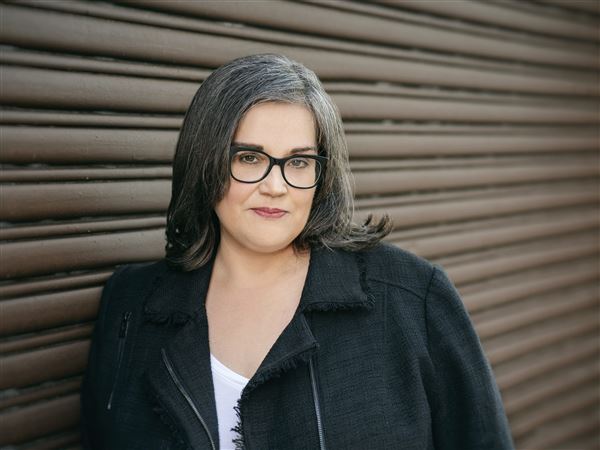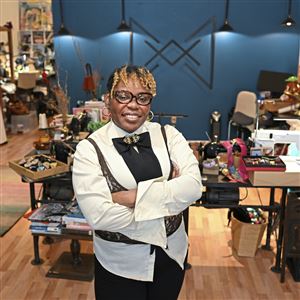For decades, the Executive Women’s Council of Greater Pittsburgh has tried to boost the number of women that sit on corporate, government and nonprofit boards of directors.
While the organization has had some success using a database to match interested women with open seats on civic and nonprofit boards, getting women placed on public company boards remains a challenge, said Christine Koebley, president of the nonprofit EWC.
“It’s hard; you need a pathway to get to a public board seat,” said Ms. Koebley, adding that women don’t always have access to male-dominated networks that offer entree to board positions.
That’s why Ms. Koebley and other female business and nonprofit leaders traveled to Harrisburg on Tuesday. They will hold a briefing at the Capitol Rotunda to urge members of the state Senate to pass a resolution that would encourage all firms and organizations in Pennsylvania to work toward a diverse gender mix on their boards and in senior executive roles.
Specifically, the resolution calls for all public, private and nonprofit organizations to have a minimum 30 percent female directors by the end of 2020.
Nationwide, women hold about 20 percent of board seats on large, publicly-held companies. In the Pittsburgh area, women also comprised 20 percent of board seats at publicly-held firms last year, up from 17 percent in 2016.
Sponsored by state Sen. Judith Schwank (D-Berks County), the resolution would be a nonbinding, nonpartisan “memorandum of encouragement,” said Andrea Funk, former chief executive of Cambridge-Lee Industries, an industrial pipe and tubing business in Reading, Pa.
A similar resolution was passed by the state House of Representatives last year in a unanimous vote of 189-0.
Co-sponsors of the resolution include Pittsburgh-area senators Jay Costa, James Brewster and Wayne Fontana.
Also scheduled to speak at the briefing is Heather Arnet, chief executive of the Women and Girls Foundation of Southwest Pennsylvania, a nonprofit that has also advocated for more women on boards.
If the Senate resolution passes, EWC and other women’s organizations will follow up with companies and nonprofits to encourage them to follow through with bringing more women to the board room and the C-suite, said Ms. Koebley.
“As women are better represented on boards, businesses perform better and that’s pretty powerful,” she said.
Ms. Koebley, whose full-time job is director of finance for the Children’s Museum of Pittsburgh, sits on several nonprofit boards and the host committee of 2020 Women on Boards, an initiative that has been working to have women fill 20 percent or more of corporate board seats by the year 2020.
Numerous research studies have concluded that having more women on boards improves the bottom line and raises awareness among male directors about the need to promote more women to top executive jobs.
“We need to be more intentional,” said Ms. Funk who spent seven years at Cambridge-Lee including two as chief financial officer and five as chief executive before she stepped down last month.
She sits on two corporate boards: Crown Holdings, a publicly-traded global packaging company; and TouchPoint, a privately-held maker of industrial fasteners and hinges.
“Once I was able to break into the C-suite, I got a place at the table and it was more difficult to be excluded,” she said.
Prior to getting corporate board seats, she served on several nonprofit boards, she said.
She favors the resolution and follow-up work with businesses and nonprofits to gauge their progress in appointing women because, “If you measure it, it will improve.”
Joyce Gannon: jgannon@post-gazette.com or 412-263-1580.
First Published: March 27, 2018, 2:24 p.m.















